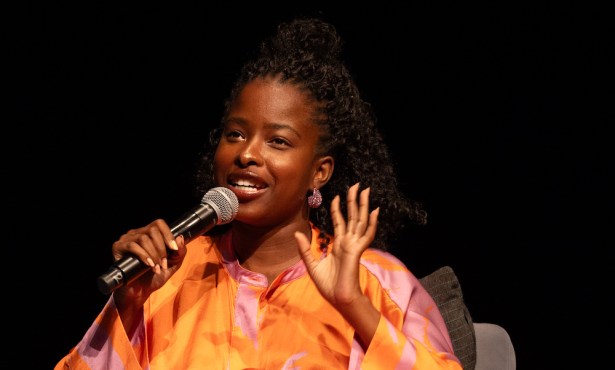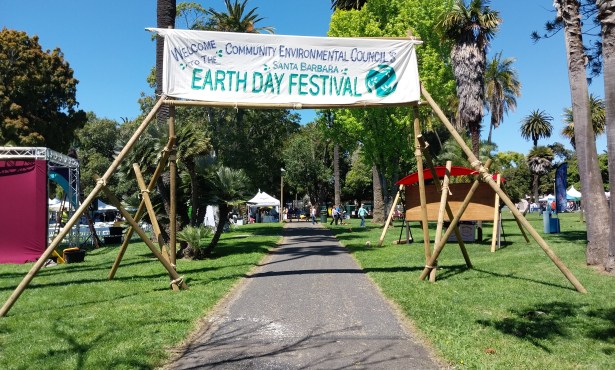East Berlin Through 10-Year-Old Eyes
Eric Friedman Recalls His Six Months Behind the Wall in 1988
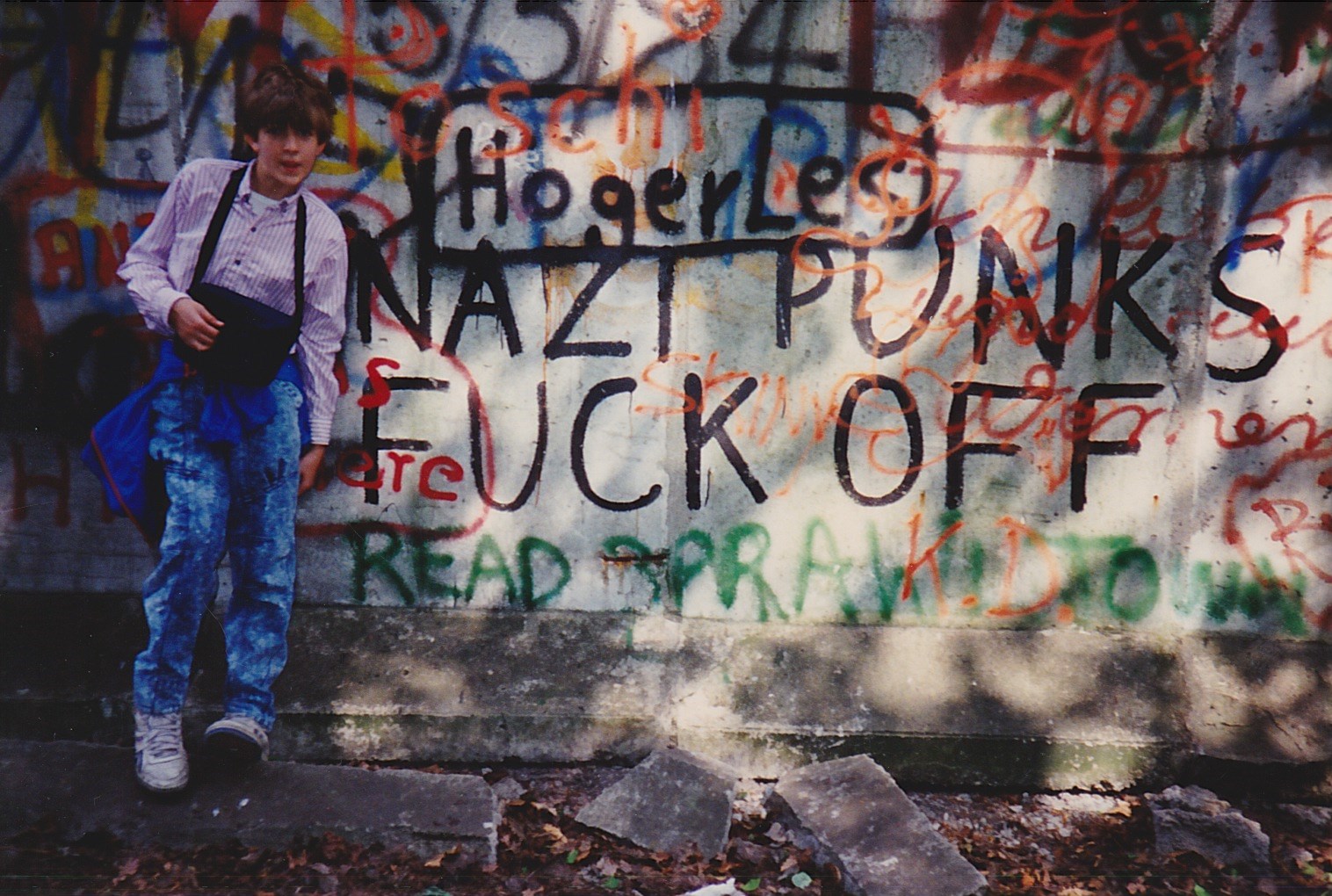
In January 1988, when he was just 10 years old, Eric Friedman traveled with his mother, Celeste, to live in East Berlin for six months with his stepfather, the late, wildly popular UCSB professor Frank McConnell, who had won a Fulbright for the chance to see life on the other side of the Berlin Wall. Today marks the 25th anniversary of the wall’s globe-shifting fall, so Friedman, who is a staff assistant for 1st District County Supervisor Salud Carbajal, and his mom are soon releasing a self-published memoir about their time there.
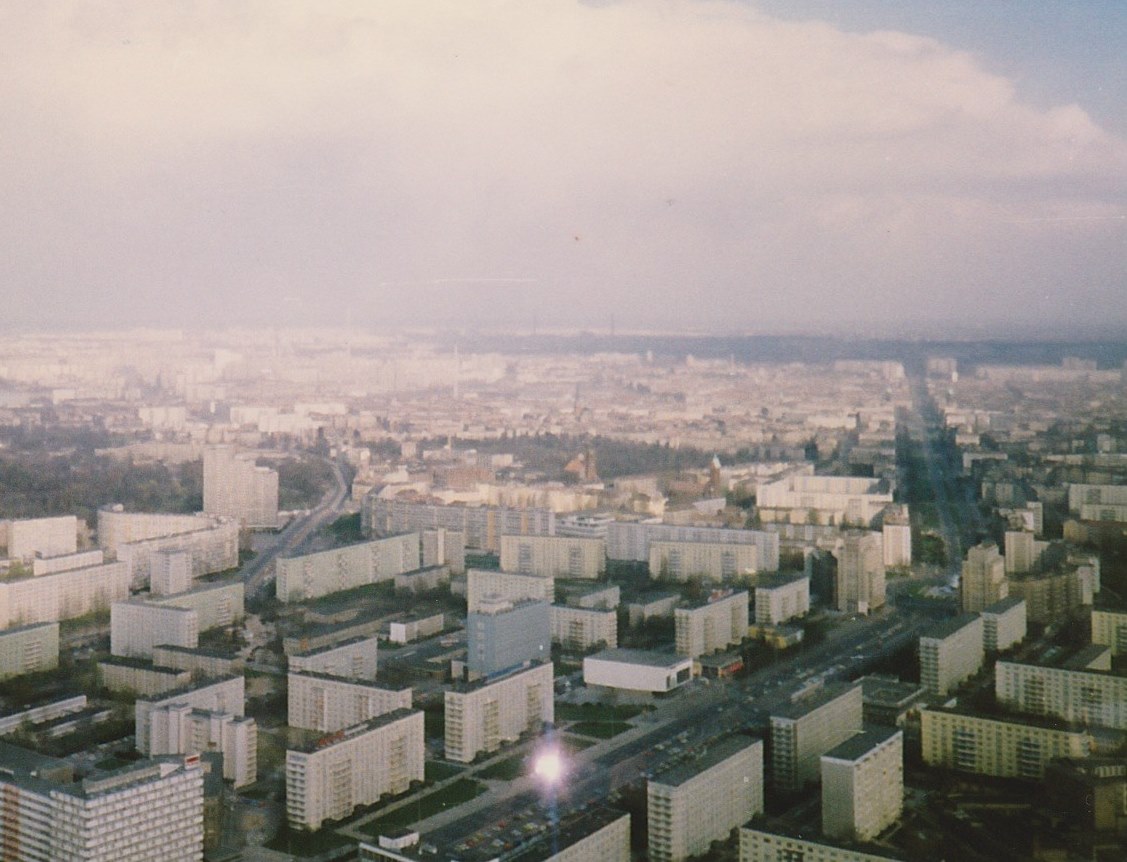
Called Ghosts of East Berlin, the book, which should be available on Amazon by mid-November, recounts episodes both quirky and horrific, revealing how these short six months shaped the way that the two came to understand the modern world. Friedman chatted about his memories with me on Friday afternoon, and what follows is our conversation, edited for clarity and length.
Did you know what kind of situation you were going into?
We had no clue. My world at 10 years old was just Santa Barbara and Ventura counties. That was all I really knew. I’d never even thought about Berlin or living there. It was a shock.
Were there any concerns about your general welfare before leaving?
The biggest concern was traveling over there, because at the time there was some international anti-Semitism, and I am of Jewish descent, so we actually changed my last name on my passport from Friedman to McConnell in case our plane was hijacked. We also did that because I have German ancestry, and we worried that with a different last name, it would look like my mom and Frank were trying to smuggle out an East German kid.
But once we got there, we realized that the German Stazi were so prevalent and we knew we were being watched constantly, so there probably wouldn’t be an incident because they wouldn’t allow one to happen.
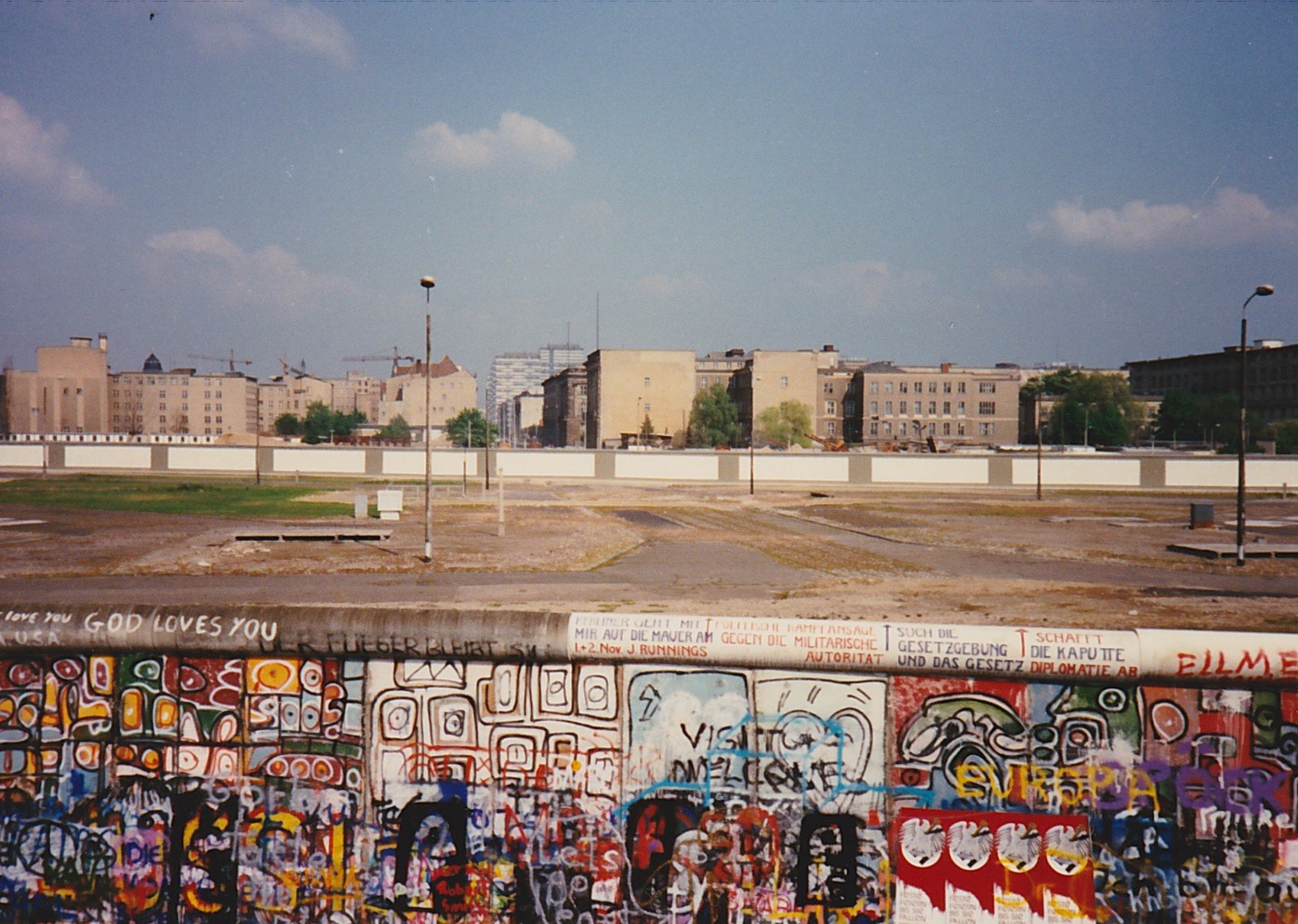
Did you have any sense that the wall would be torn down the next year?
We had no indications at all. In fact, just the opposite: As we spent more time there, we distinctly thought that even if it did come down, they were so different from West Berlin that there was no way to merge the two. The best description is The Wizard of Oz: One side was in color and great, and the other side was black and white. It was two different universes.
What are some of your first memories?
We were taken through Checkpoint Charlie and driven through East Berlin to the suburb where we were staying, called Marzahn. It was about what you’d expect from Soviet construction: a big, block-looking building that was all dark and gray. They dropped us off without any East German money and just metro tickets to get back into town. No maps or anything. We were basically stranded in a suburb 30 miles from the center of Berlin, with no telephone in the apartment, a black-and-white TV, and we didn’t even speak the language. We somehow had to find our way back into the center of town the next day. That was our first couple hours.
Did you go to school while you were there?
I was enrolled in an East German school for the six months. They took all the foreign kids and put them in a special class and taught us German. You were only allowed a notepad, a couple pencils, and a German-to-your language dictionary, and the rule was that you weren’t allowed to speak your native language at school all day. I was terrified, because when I showed up that first day, all the other kids were from countries that we were in the Cold War with: Russia, Poland, Czechoslovakia, Hungary, Cuba. None of us spoke the same language, and they’d never seen an American before.
Were they hostile?
I thought they would be, but kids are kids, and at the end of the day, I made some really great friendships, particularly with the kids from Hungary. They eventually invited me home to meet their parents, and I still remember to this day the Hungarian goulash and dumplings. It was an incentive for us to learn German so that we would communicate.
How about the food situation?
There were shortages in East Berlin. You definitely lived by the seasons, so the staples were cabbage, brussels sprouts, and potatoes. You usually had some kind of pork and maybe some beef products, but that was about it for most of the time. Periodically you’d go to the store, and there would be tomatoes and cucumbers. There would be a mad rush and they’d be gone in five minutes, and you wouldn’t see them again for weeks.
One of the things we came to appreciate was toilet paper. Here it is nice and soft. In East Germany, it was like sandpaper. That was one of the worst experiences we had.

Did you return after the wall came down?
We went back in 1990 and visited our East German friends. Frank was originally going to teach English to Germans, but it was so chaotic, we quickly found it was falling apart, so we left after a couple weeks.
That was the chaos you predicted, basically.
The initial euphoria of the wall coming down was great, but afterward, what do you do? The East Germans weren’t equipped with skills, education, or understanding of how the capitalist system works. Most of the basic needs were provided by the government. They didn’t have a high quality of life, but they also didn’t fear being homeless or having to compete for a job. They were really afraid and didn’t know what they were going to do. Many were middle-aged and had to start over in a new system that was not what they were used to.
What prompted you to write the book?
Around the 20th anniversary, we decided to write our memoirs for the 25th anniversary, so that’s’ what we did over the last two to three years. It was a great process. I got to learn a lot about myself and my mom and Frank. She learned about me. I really got to reflect on a pivotal six months in my life. It was an opportunity we couldn’t pass up. We were part of a historical time in a historical city during one of the key moments in world history.
Stay tuned for details on where to buy the book Ghosts of East Berlin and a booksigning in December.


